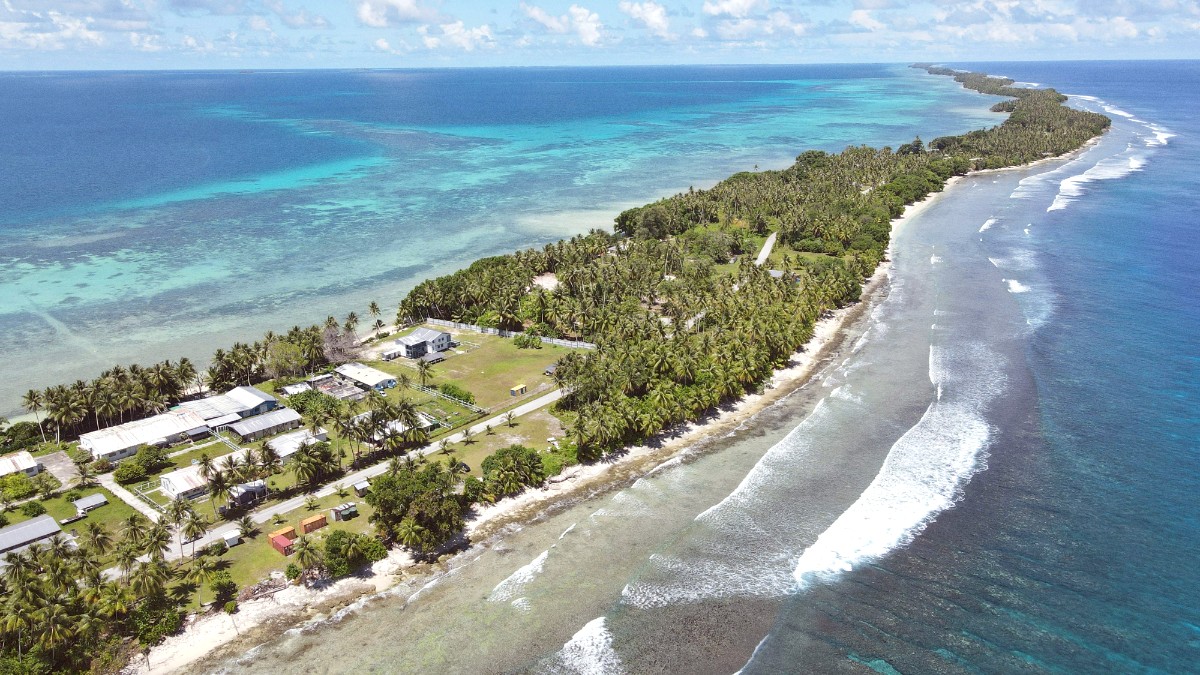
Experience warmth and openness from locals, often invited into homes.
The isolation encourages disconnection from modern world demands.
Witness the realities of climate change and local resilience.
The journey often cultivates a sense of environmental responsibility.
A strong sense of global citizenship emerges from the experience.
As a visitor to Tuvalu, you carry an unique responsibility to protect its fragile environment and respect its culture. Make a commitment to travel responsibly, ensuring your visit leaves a positive impact.
Adhere to local dress codes, especially outside of beach areas or when visiting religious sites.
Always ask for permission before taking photographs of people. Respect their privacy.
Make an effort to learn a few Tuvaluan phrases like "Talofa" (Hello) and "Fakafetai" (Thank you).
Be an observer first. Listen to local stories and perspectives, embracing the "Faka-Tuvalu" way of life.
Locals are often curious and open to conversation; respond kindly to waves, smiles, or hellos.
Understand that things operate on "island time"—slowly and without urgency. Patience is a virtue.
Bring a reusable water bottle and shopping bag to reduce your environmental footprint.
Be mindful of your electricity usage, as resources are finite on the island.
Freshwater is scarce and precious; use it thoughtfully during your stay.
Your responsible travel choices make a positive impact on Tuvalu's environment and community, supporting its future.
After experiencing the tranquility and cultural depth of Tuvalu, you might consider other destinations that offer similar Pacific charm or present compelling contrasts.
Your most logical next step from Tuvalu is back to Fiji. Fiji serves as the main aviation hub for the South Pacific.
Many travelers combine a trip to Tuvalu with a longer stay in Australia or New Zealand, given the flight connections.
If you visited during the wet season, consider returning during the drier months (May-Oct).
For a return visit, aim for a longer stay, perhaps focusing on specific immersive activities.
Such extended stays provide a more profound understanding of the local culture and environment.
They allow for richer, more meaningful interactions and experiences.
Consider taking an online course through Skillshare to document your journey through photography or journaling.
Explore other islands that share the rich Polynesian heritage or offer distinct Pacific experiences.
These islands offer Polynesian cultures, stunning landscapes, and warm hospitality, with more direct flight connections and diverse activities.
If your interest in Tuvalu stemmed from its vulnerability to climate change, consider visiting other low-lying nations (logistically challenging but impactful).
For more developed diving infrastructure and operators, these destinations offer incredible underwater experiences.
Thorough preparation enhances the experience and respects the local context.
Grasp Tuvalu's remote nature and its limited infrastructure. This forms realistic expectations.
Research local customs, etiquette, and social norms to ensure respectful interactions.
Familiarize yourself with basic Tuvaluan phrases (greetings, thank yous) to enrich your experience.
Take steps to secure your home while you are away (e.g., lock doors, set alarms).
Arrange for mail collection, pet care, or plant watering.
Pay any upcoming bills to avoid issues during your trip.
Tuvalu leaves a profound impact, fostering a greater appreciation for community, culture, and the natural world.